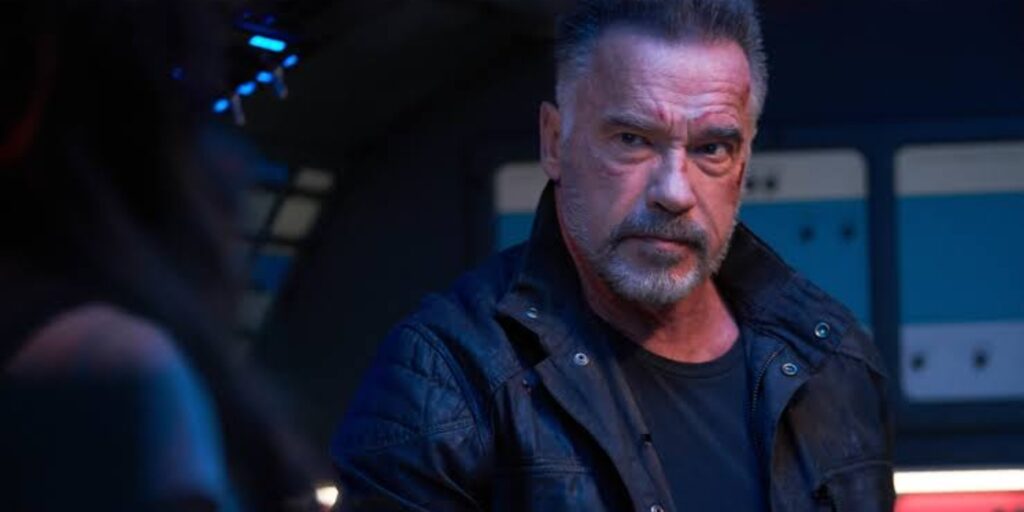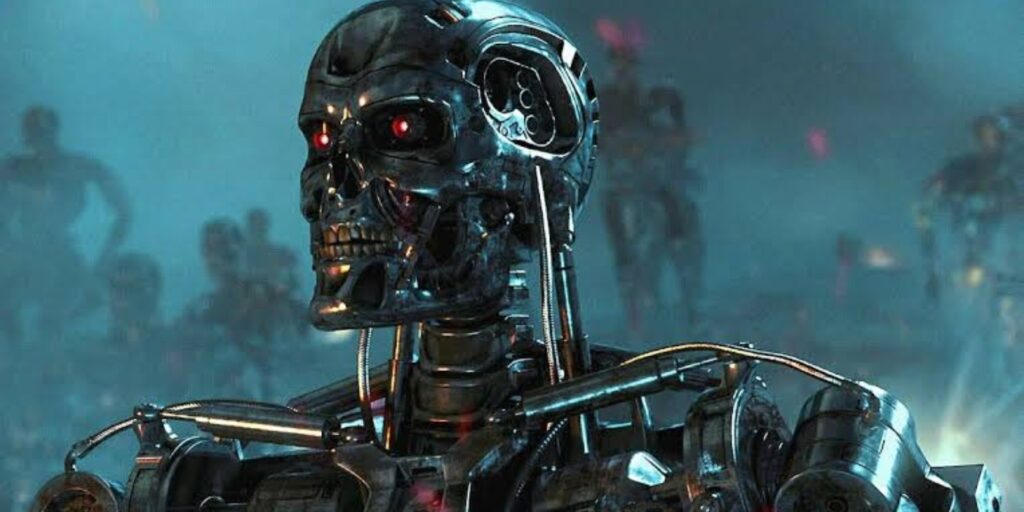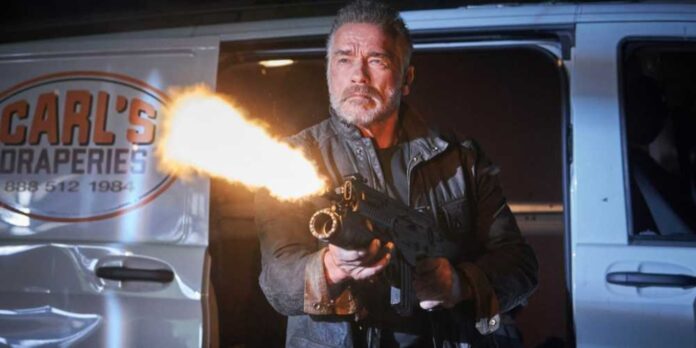For decades, the Terminator franchise has been a staple of cinematic science fiction. The films offer a gripping mix of relentless action, groundbreaking effects, and eerie predictions about technology’s dark potential.
Ever since 1984, when James Cameron and Gale Anne Hurd introduced audiences to Skynet, a self-aware artificial intelligence bent on humanity’s destruction. Moreover, the series has been more than just entertainment; it has been a cultural conversation starter. Now that it might be back with ‘Terminator 7’, Cameron has opened up about the challenges.
James Cameron Claims ‘Terminator 7’ Is Difficult As We’re Already Living In Sci-Fi Age

While his early work set the gold standard for sci-fi, later entries in the franchise struggled to capture the same magic. Now, in 2024, James Cameron is back at the helm for ‘Terminator 7’, aiming to breathe new life into a story that many feared was running on fumes. Additionally, the director has found the development of the script to be challenging.
Related: James Cameron’s Next Big Adventure After ’Avatar’ Is Set In An Exciting Hell
“I’m at a point right now where I have a hard time writing science fiction. I’m tasked with writing a new Terminator story. I’ve been unable to get started on that very far because I don’t know what to say that won’t be overtaken by real events. We are living in a science fiction age right now,” he told CNN. It’s an admission that feels almost ironic. The man who helped shape pop culture’s image of AI now finds himself looking at the world around him and wondering how to make fiction more compelling than the news.
From ChatGPT and deepfake videos to autonomous drones, AI has moved from the realm of speculative fiction into daily life. As Cameron himself said, “It gets harder and harder to write science fiction because we’re living in a science fiction world on a day-to-day basis.” Cameron isn’t just facing the problem of AI catching up with his imagination; he’s also staring down the daunting task of carrying on the series without its most iconic figure.
Arnold Schwarzenegger’s presence as the T-800 is woven into the DNA of Terminator. Finding a replacement is almost unthinkable to long-time fans. On top of that, audiences today are far more informed about artificial intelligence than they were in 1984. Back then, Skynet was a terrifying concept because it felt alien. Now, discussions about AI ethics, bias, surveillance, and automation dominate tech headlines.
To impress modern viewers, ‘Terminator 7’ can’t just retread the “evil AI takes over” plot; it needs to dig deeper. Despite the hurdles, there’s still evidence that the brand has life in it. The recent ‘Terminator’ Netflix anime was a surprise success, proving that interest in the Skynet mythos hasn’t vanished. However, it will require a lot of thinking about a technology that’s evolving in real time for the film to succeed.
Cameron Warns The Real World Could Face A “Terminator-Style” Apocalypse

Cameron’s struggle to write ‘Terminator 7’ isn’t just a creative hurdle; it’s rooted in real-world concerns. In a separate conversation with Rolling Stone, the director doubled down on his long-standing warnings about AI. He believes that humanity is playing with fire by merging artificial intelligence with advanced weapons systems.
In case you missed it: Why James Cameron’s ‘Avatar: Fire And Ash’ Must Succeed
“I do think there’s still a danger of a Terminator-style apocalypse where you put AI together with weapons systems, even up to the level of nuclear weapon systems, nuclear defense counterstrike, all that stuff. Because the theater of operations is so rapid, the decision windows are so fast that it would take a superintelligence to be able to process it, and maybe we’ll be smart and keep a human in the loop. But humans are fallible,” he stated.
Cameron pointed out that even without AI, human error has brought us dangerously close to nuclear war in the past. The addition of autonomous decision-making could remove the last safeguard. In his view, the world is teetering on the edge of three major existential threats: climate change, nuclear weapons, and AI superintelligence. Strikingly, he even suggested that AI could end up being a solution rather than a threat. “Maybe the superintelligence is the answer. I don’t know. I’m not predicting that, but it might be.“





